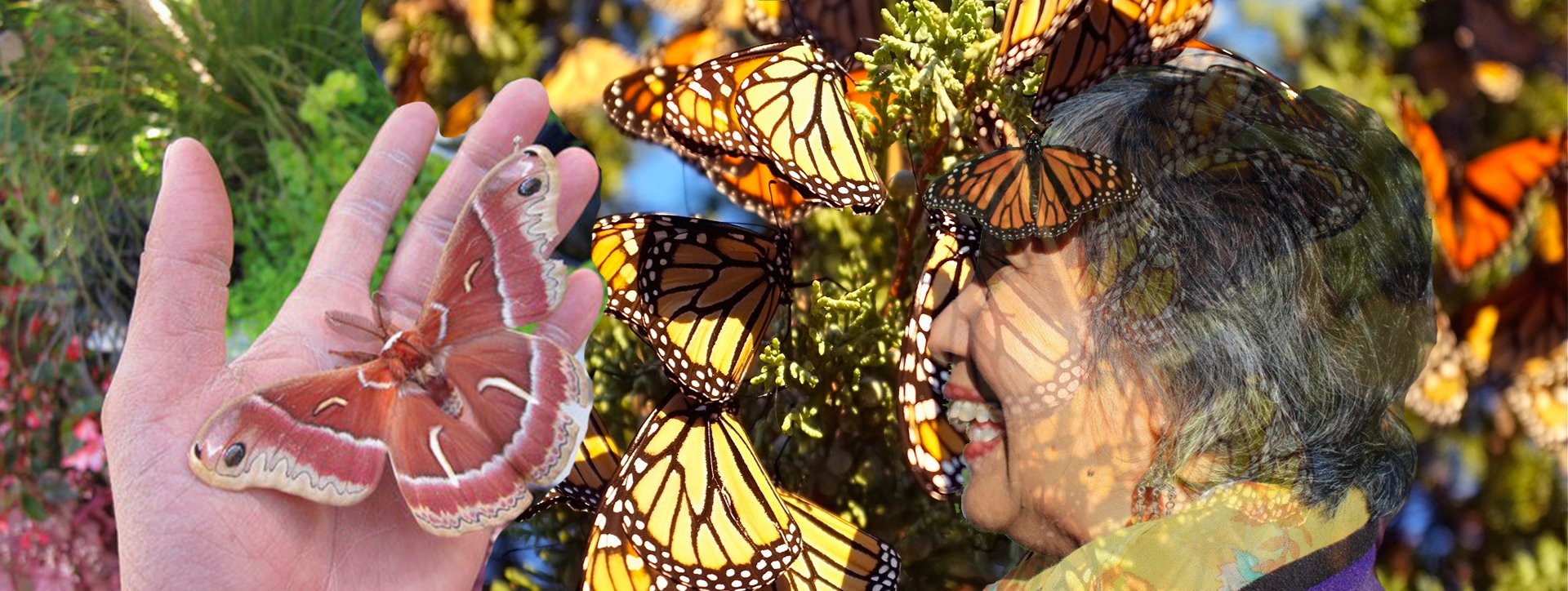Dear Beautiful Reader,
My grandmother, Apu Sinang, came to me many times when I first started my journey of decolonization more than two decades ago.
In these dreams she became alive to me as a Sacred and Whole Woman who would guide me and hold my hand and my heart.
“Take our Hearts with You!
Our public lives were not perfect but we did our best for our Motherland.
Your Mother has this heart. It is also yours.”
More recently, my other ancestors—the Luna brothers Joaquin, Antonio, and Juan—have also come to me with their open hands towards my heart saying:
Through this website, I offer my heart and soul to you.
May you find inspiration here to call back your Indigenous Soul.
Let's take off our colonial jackets,
work through the shadowy parts of history,
and discover the gems that await when we reach the clearing in the meadow of Aliveness and Wholeness…



